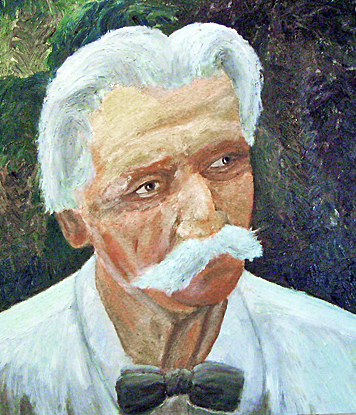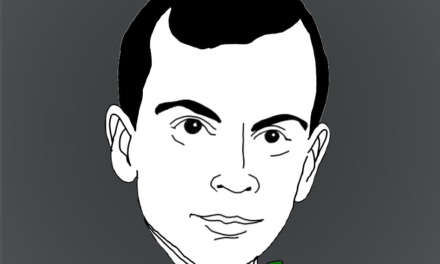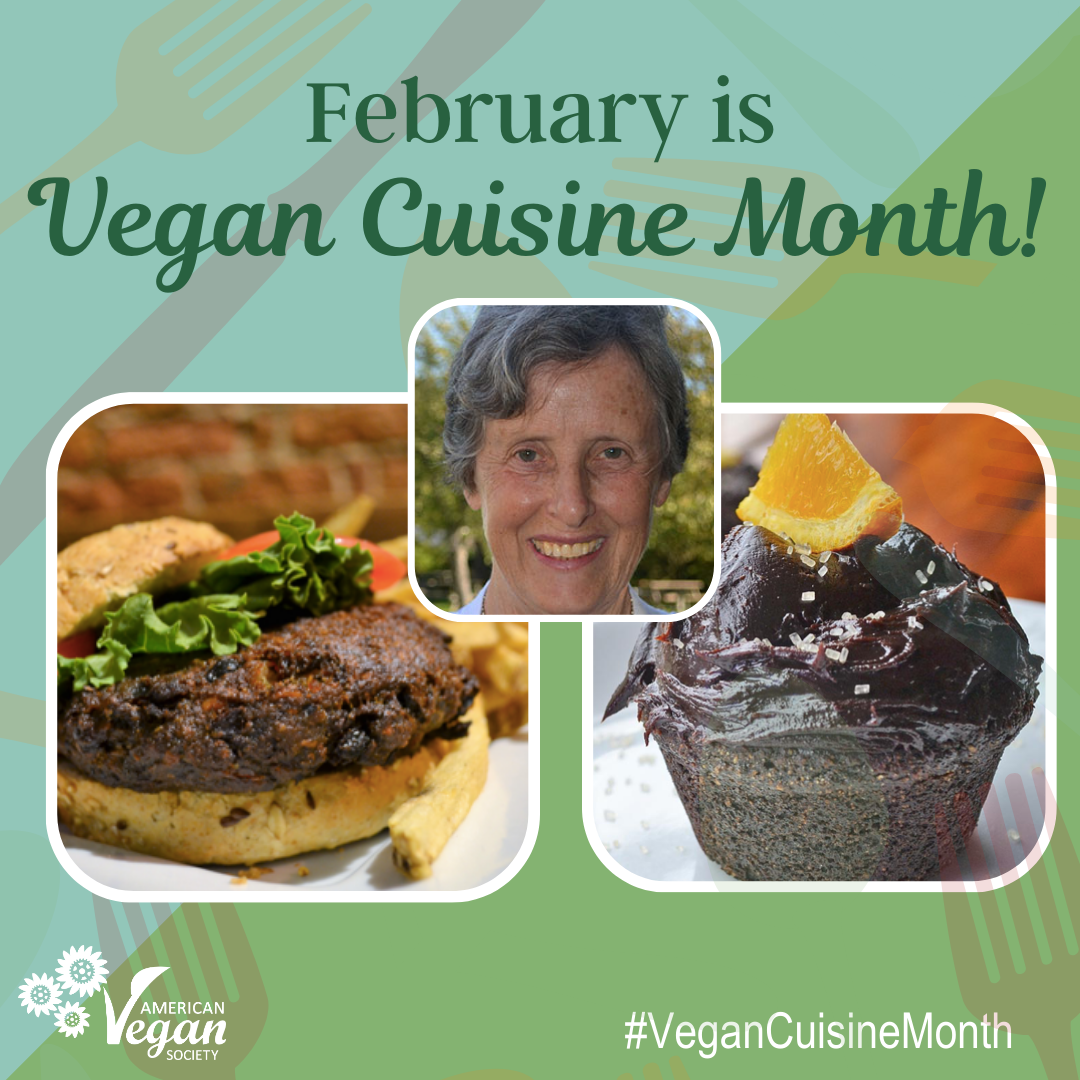
A letter from Dr. Albert Schweitzer (January 14 1875 – September 4 1965) to AVS founder H. Jay Dinshah is in the AVS world display case at the headquarters. Jay is widely regarded as the father of the modern vegan movement in the United States, but he credited those who inspired him.
Today we find it most fitting to share one of Jay’s writings on Reverence for Life, inspired by Dr. Albert Schweitzer:
Although many people in the western world may have heard the phrase “reverence for life,” there are probably few who understand the deep meanings and implications of it; and undoubtedly fewer still practice it to a very great degree. Yet there is nothing very mysterious about it. An understanding of the idea can go a long way in helping one to simplify and clarify one’s whole attitude and manner of living, thinking, and acting.
The phrase “reverence for life” was originated by Dr. Albert Schweitzer (French theologian, philosopher, and missionary physician) to describe his belief that life has value. Life can be a worthwhile experience of development for all who partake of it; there is no such thing as worthless life. Still, in some situations we may be faced with having to choose and weigh the relative value of two forms of life. Schweitzer said, “To the truly ethical man, all life is holy, even that which appears to us from the human standard as the lowest. He makes distinctions only under the force of necessity, namely, when he finds himself in situations where he must choose which life he must sacrifice in order to preserve the other. He knows that he must bear the responsibility for the sacrificed life.”
Dr. Schweitzer thus assures us that reverence for life is not some fanatical form of absolutism but really a highly ethical scale with which to balance any given situation, a yardstick against which to measure our daily activities. Similarly such means of measurement have been given in the major religious and philosophical teachings in all parts of the world throughout the ages. Probably the greatest and most universal is The Golden Rule: that we should act toward others as we would wish them to act toward us.
The Golden Rule does not set up a system of favors granted for goods delivered or works performed. It lights the path for us; it guides us to a superior way of acting. This is enough. Good that is done for the sake of self-gain defeats its own purpose insofar as the doer is concerned: good done for its own sake should be the rule, rather than the exception in life.
A more in-depth discussion of The Golden Rule is one of the foundations of the book Powerful Vegan Messages, by H. Jay Dinshah and Anne Dinshah, available from AVS. The photo is Jay’s painting of Dr. Schweitzer.





